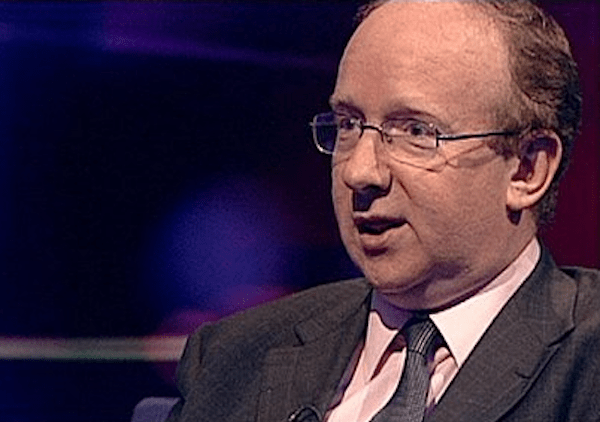Mr S always enjoys reading Danny Finkelstein’s column (even when he borrows jokes from Steerpike) and Wednesday’s column was no exception. In the piece — titled ‘the most reliable polls are at the end of a phone’ — Finkelstein highlights the difficulties pollsters experience, arguing that contrary to popular opinion they do often get it right.
But why write a column about the technicalities of polling? As far as Mr S can tell, the true purpose of the piece is to restore the reputation (and, perhaps, position) of his old flatmate Andrew Cooper — after his embarrassing general election run.
Although Cooper served as Cameron’s chief strategist, he had a fall from grace as the PM came to rely more heavily on Sir Lynton Crosby, to Cooper’s fury. On polling day itself, Cooper took to the pages of the Guardian – where else? – to trash the Cameron/Crosby campaign:
‘That it is a sign of insanity to keep doing the same thing and expect a different result, the 2015 election campaign has been a prolonged exhibition of insanity.’
But his was a false premise: Crosby had not been doing ‘the same thing’. He had been doing a very different thing to Cooper — helping Cameron move beyond the narrow agenda of misnamed Tory ‘modernisation’ and towards mainstream conservatism. In the end Crosby’s efforts paid off, while Cooper ended up looking the fool — as his final prediction shows:
It's all going to end in tears.
— Andrew Cooper (@AndrewCooper__) May 7, 2015
But time has passed, and Fink is now touting Cooper as the new Sir Lynton. We learn from Lord Fink’s column that Andrew Cooper was actually behind the Scottish Tory revival –– which is news to those in Edinburgh who say that they were using a different firm for posting, and used Cooper’s lot for some standard postcode targeting. They’d know better than to use Cooper for the whole campaign after his ‘Better Together’ campaign – the original Project Fear – relentlessly recruited voters to the SNP’s side of the debate.
Why did Cooper get Britain so wrong in 2015? The Fink blames ‘the opinion polls’ but Cooper boasted that used his own data, fine tuned by his own (duff) assumptions, so his misjudgments cannot be blamed on other pollsters. When Populus declared that Cameron had a ‘0.5 per cent chance’ – its final prediction – this figure was produced by ‘feeding polling data and other information into a proprietary computer model to produce a percentage likelihood of various outcomes’.
Mr S suspects that he is lucky that he managed to nab his peerage before Cameron realised just what drivellous advice he had been giving for so long. The Conservative Party should hope that Lord Cooper of 0.5 per cent and his gang are now kept out of the loop – or, even better, seconded to advise Jeremy Corbyn.







Comments